ACME

Identify the measures needed to significantly reduce urban air pollution and its impacts.
Atmospheric pollution in cities is a major challenge for public health, with an estimated 48,000 deaths/year and annual induced costs of 100 billion Euros in France alone. Adopting a thoroughly interdisciplinary approach, the ACME project (ex MobilAir) aims to identify precise measures to significantly reduce atmospheric pollution in cities and its impacts. Drawing on the considerable pluridisciplinary diversity of the Université Grenoble Alpes, ACME will develop an integrated approach in the urban area of Grenoble.
Challenges
The ACME project aims to:- Better characterize population’s exposure to pollution by using the specific oxidative potential that allows the chemical composition of particles to be taken into account in assessing the health impact of emission sources.
- Identify the economic and psychological levers for sustainable behavior change.
- Develop a multidimensional and interdisciplinary tool for assessing pollution reduction measures in terms of concentration of particles, health, traffic and individual mobility, disadvantaged households and inequalities in exposure to pollution.
Interdisciplinarity
ACME calls on the fields of environmental epidemiology, atmospheric chemistry and modeling to study the oxidative potential of the various emission sources in the Grenoble urban area (indoor and outdoor air), and their health impacts measured for the subjects of a cohort. An unprecedented randomized controlled experiment will study the share of economic, contextual (urban planning, etc.) and psychological factors (perception, social norms, etc.) in the choice of mobility. The development of the multidimensional decision support tool will allow the development of an interdisciplinary and integrative modeling chain for all the disciplines taking part in the project.
Project organization...
Never before has an interdisciplinary project on this scale studied atmospheric pollution, its origins and impacts, and the means to combat it. Working in partnership with local authorities, the ACME project will combine various integrated actions: modeling, environmental measurements, recurrent surveys of local residents, cohorts with biobanks, study of impacts on public health, and direct intervention on several hundred households by a team of researchers. Each ACME scientist is specialized in one or more issues related to air pollution (economists, psychologists, geographers, atmospheric chemists, epidemiologists, atmospheric and transport modelers, etc.).... and its international visibility
Urban air pollution is a major challenge for public health in both developed and developing countries. Drawing on the considerable pluridisciplinary diversity of Université Grenoble Alpes, ACME will develop an integrated approach within the Grenoble urban area – a relevant pilot zone – but the project aims to develop methods and tools that can be replicated in other cities in France or abroad.

